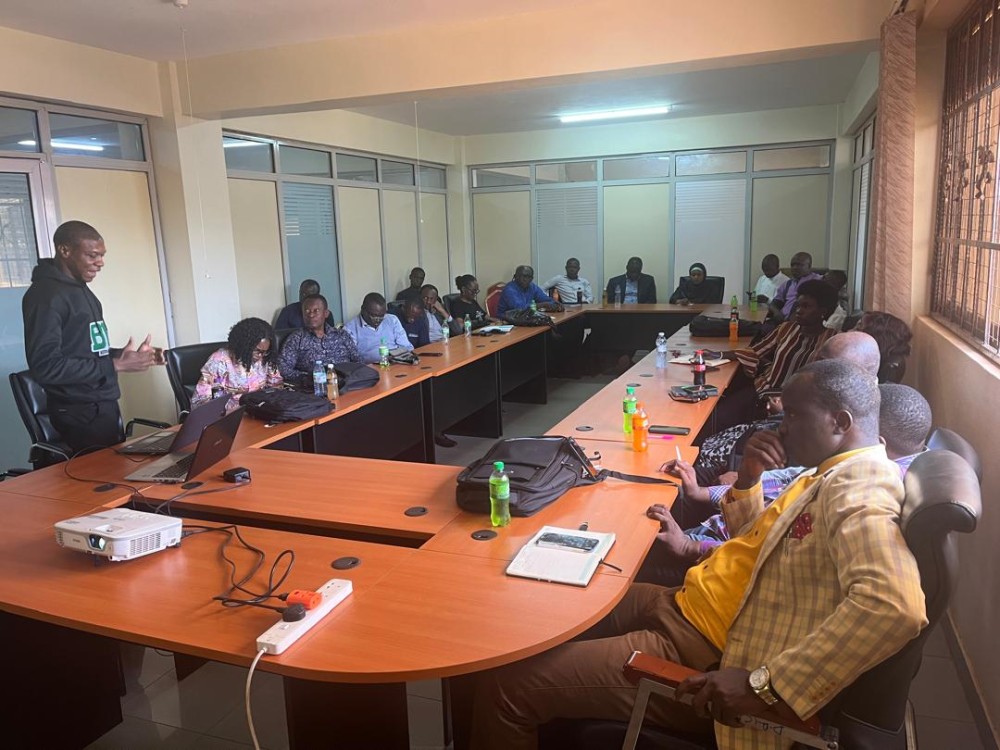
May
KIU Hosts Workshop to Enhance Research Writing and Publishing Skills
May 17, 2024, 5:08 pm
| Title: | The Magnitude and Factors Associated with Delay in Initiation of the First Antenatal Care Visit among Pregnant Women at Hoima Regional Referral Hospital, Western Uganda |
| Author(s): | Mary Atim |
| Year | 2024 |
| Publisher: | EURASIAN EXPERIMENT JOURNAL OF BIOLOGICAL SCIENCES |
| URI: | https://publications.kiu.ac.ug/publication-page.php?i=the-magnitude-and-factors-associated-with-delay-in-initiation-of-the-first-antenatal-care-visit-among-pregnant-women-at-hoima-regional-referral-hospital-western-uganda |
| File: | |
| Keywords: |
For the best possible outcomes for the health of both the mother and the foetus, timely antenatal care (ANC) must
be started. Delays in obtaining ANC services, however, continue to be a serious problem, especially in areas with
low resources like Western Uganda. To improve the health of mothers and children, it is crucial to comprehend the
extent and contributing reasons of delayed beginning of the first ANC visit. In Western Uganda, at the Hoima
Regional Referral Hospital, a cross-sectional study was carried out. Pregnant women receiving ANC services
completed a structured questionnaire that was used to gather information on sociodemographic traits, obstetric
history, ANC knowledge, and factors influencing the first ANC visit date. To analyse the data, both descriptive and
inferential statistics were applied. Pregnant ladies totaling 6-16 weeks were included in the study. At the first
antenatal care visit, the mean gestational age was 9.65 weeks, and 8.7% of the women started ANC in the first
trimester. Low educational attainment, multiparity, ignorance of the significance of early ANC, a long commute to
the health facility, and financial restrictions were all linked to the delayed commencement of ANC. Even with the
established advantages of early ANC beginning, a sizable fraction of pregnant women in Western Uganda begins
ANC later than necessary. Strategies to enhance the healthcare-seeking behaviour of mothers should concentrate
on lowering socioeconomic barriers, raising awareness of the value of early ANC, and enhancing access to ANC
services, especially for women living in rural regions. Reducing maternal and neonatal morbidity and death in the
area requires such measures.

Kampala International University,
Box 20000, Ggaba Road, Kansanga, Kampala